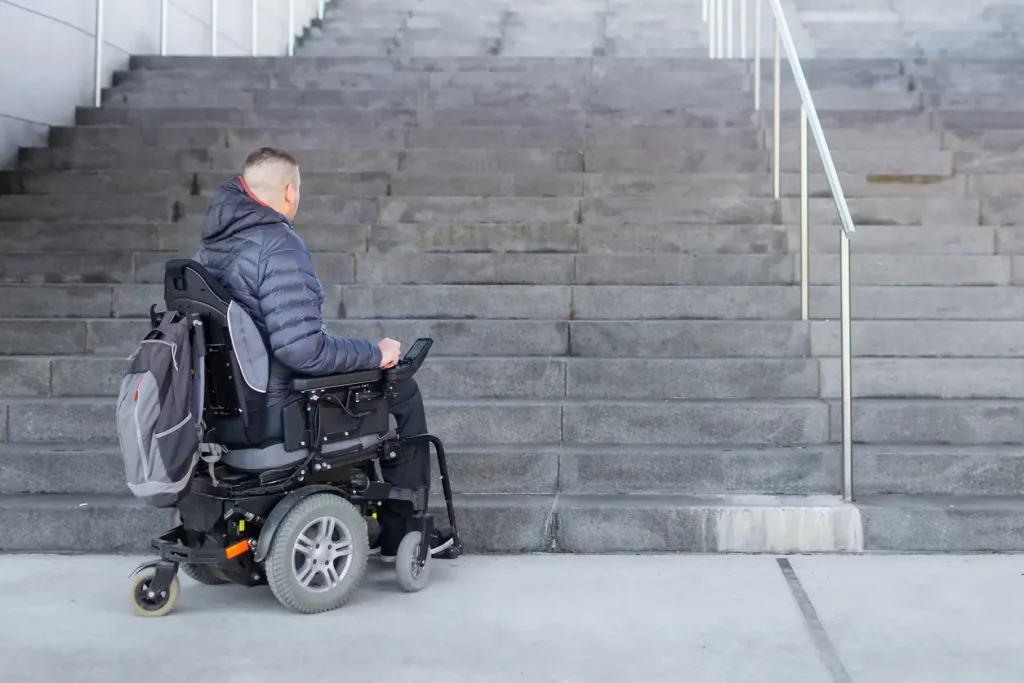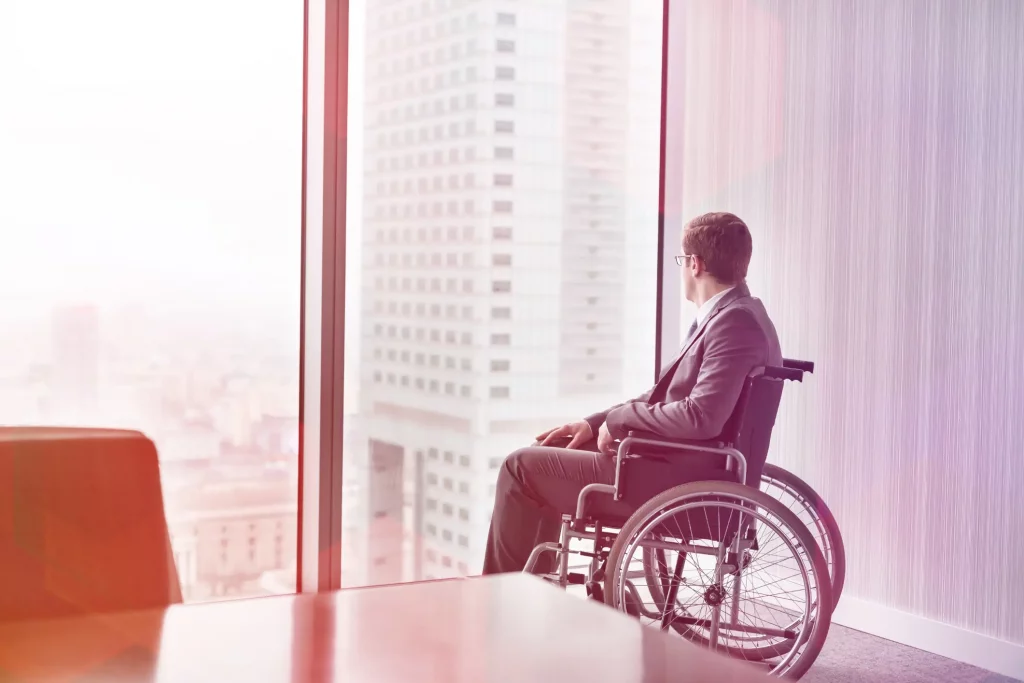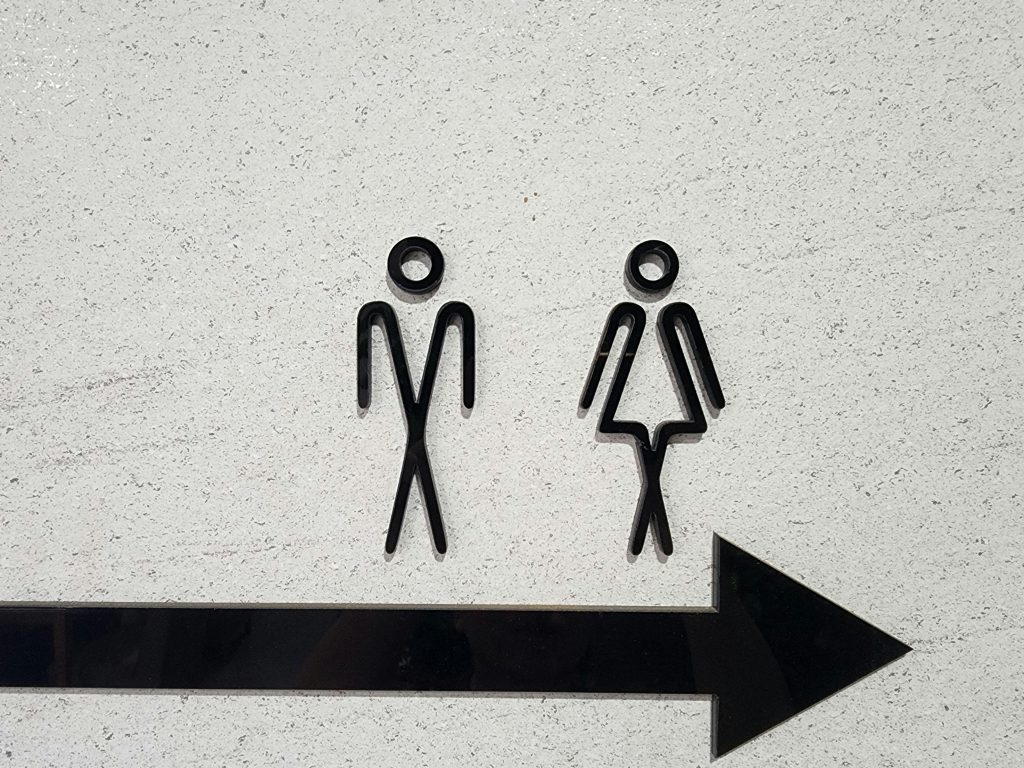Employment Law Articles
Welcome to our Employment Law Blog – your trusted source for expert insights, legal updates and practical advice on workplace rights and responsibilities.
-
Neurodiversity in the workplace
Neurodiversity is estimated to affect between 10 and 20% of the global population. However, many employers remain unclear about...
October 17th, 2025
-

Menopause and employee rights
The Employment Tribunal ruling in Ms M Lynskey v Direct Line Insurance provides critical guidance on how employers should respond...
October 17th, 2025
-

Disability discrimination due to neurodiverse conditions
In the case of Miss L Crawford v The Chief Constable of Cumbria Constabulary, an autistic Police Officer was rejected...
October 15th, 2025
-

UK Employee Rights Explained: From Starting a Job to Redundancy and Settlement Agreements
Understanding your rights as an employee is essential to protecting yourself. Knowing what steps to take if those rights are...
October 10th, 2025
-
Workplace Discrimination: Your Rights Explained
Workplace discrimination happens when an employee or job applicant is treated unfairly because of who they are (protected characteristics), rather...
October 8th, 2025
-
Race Discrimination and the Importance of Fairness in Recruitment
The recent decision of the Employment Appeal Tribunal (EAT) in Jones v Secretary of State for Health & Social Care...
September 24th, 2025
-
Your Guide to Employment Law in the UK
Navigating employment law in the UK can feel overwhelming, especially with frequent changes in legislation. Whether you’re an employer seeking...
September 11th, 2025
-
Employment Rights Bill Implementation Roadmap
What Employers Need to Know About How the Employment Rights Bill will be Implemented The Government has released its highly...
September 10th, 2025
-
Understanding Disability Discrimination at Work
Disability discrimination at work occurs when an individual is treated unfairly due to a physical or mental impairment that has...
September 1st, 2025
-
Criticism of “messy work” was not disability discrimination
A London Employment Tribunal recently dismissed claims that constructive criticism about “messy work” constitutes harassment or disability discrimination. In the...
August 20th, 2025
-
NHS Mutually Agreed Resignation Schemes (MARS)
Mutually Agreed Resignation Schemes (MARS) are becoming increasingly common, especially in the public sector, as employers look for flexible ways...
August 6th, 2025
-
Equality watchdog guidance on single-sex facilities in the workplace
Following the UK Supreme Court's recent ruling on the definition of "man," "woman," and "sex" in the Equality Act 2010,...
July 16th, 2025















